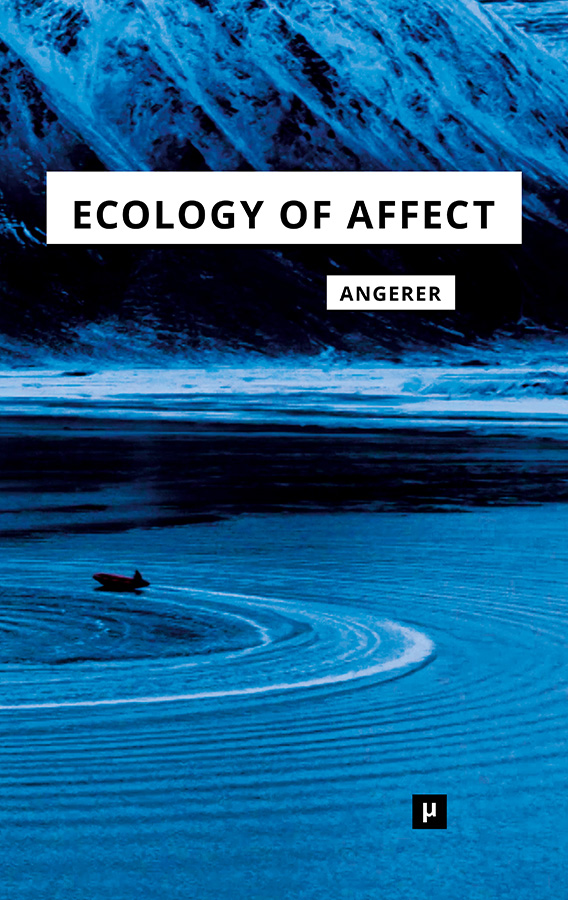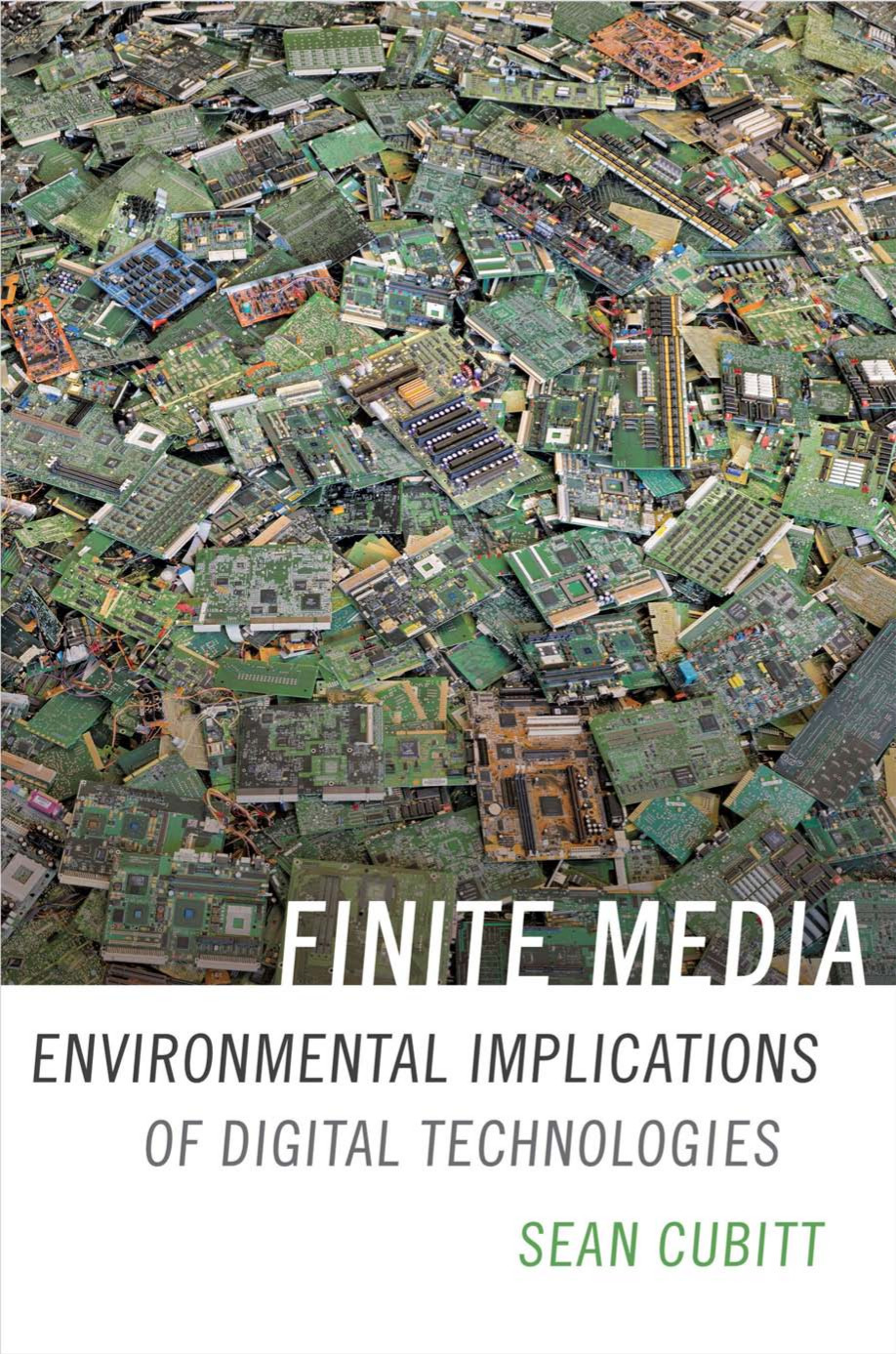Jennifer Gabrys: Program Earth: Environmental Sensing Technology and the Making of a Computational Planet (2016)
Filed under book | Tags: · citizenship, city, climate crisis, computation, data, earth, ecology, environment, experience, individuation, participation, sensors, technology, urbanism

“Sensors are everywhere. Small, flexible, economical, and computationally powerful, they operate ubiquitously in environments. They compile massive amounts of data, including information about air, water, and climate. Never before has such a volume of environmental data been so broadly collected or so widely available.
Grappling with the consequences of wiring our world, Program Earth examines how sensor technologies are programming our environments. As Jennifer Gabrys points out, sensors do not merely record information about an environment. Rather, they generate new environments and environmental relations. At the same time, they give a voice to the entities they monitor: to animals, plants, people, and inanimate objects. This book looks at the ways in which sensors converge with environments to map ecological processes, to track the migration of animals, to check pollutants, to facilitate citizen participation, and to program infrastructure. Through discussing particular instances where sensors are deployed for environmental study and citizen engagement across three areas of environmental sensing, from wild sensing to pollution sensing and urban sensing, Program Earth asks how sensor technologies specifically contribute to new environmental conditions. What are the implications for wiring up environments? How do sensor applications not only program environments, but also program the sorts of citizens and collectives we might become?
Program Earth suggests that the sensor-based monitoring of Earth offers the prospect of making new environments not simply as an extension of the human but rather as new “technogeographies” that connect technology, nature, and people.”
Publisher University of Minnesota Press, 2016
Electronic Mediations series, 49
ISBN 9780816693122, 0816693129
x+357 pages
via publisher
Reviews: Etienne S. Benson (Am J Sociology, 2017), Matthew W. Wilson (Cultural Geographies, 2017).
Interviews: Rorotoko (2016), Ulrik Ekman (Computational Culture, 2017).
Author (with links to related articles)
Publisher
WorldCat
PDF (6 MB)
Comment (0)Marie-Luise Angerer: Ecology of Affect: Intensive Milieus and Contingent Encounters (2017) [German, English]
Filed under book | Tags: · affect, body, ecology, media, media theory, technology

“The way we conceive the human today is particularly affected by the shifts in media technology during the 20th century. Affect emerges as the new liminal concept that renders the body compatible in novel ways with the technology and politics of media. By ways of a relational reorganization the organic end technological life is condensed in a new, intense way to an ecology of affects.”
English edition
Translated by Gerrit Jackson
Preface by Felicity Colman
Publisher meson.press, Lüneburg, Apr 2017
Creative Commons BY-SA 4.0 International License
ISBN 9783957960955
68 pages
Ecology of Affect: Intensive Milieus and Contingent Encounters: PDF, PDF
Affektökologie: Intensive Milieus und zufällige Begegnungen: PDF, PDF
Sean Cubitt: Finite Media: Environmental Implications of Digital Technologies (2016)
Filed under book | Tags: · aesthetics, ecology, energy, environment, matter, media, politics, technology

“While digital media give us the ability to communicate with and know the world, their use comes at the expense of an immense ecological footprint and environmental degradation. In Finite Media Sean Cubitt offers a large-scale rethinking of theories of mediation by examining the environmental and human toll exacted by mining and the manufacture, use, and disposal of millions of phones, computers, and other devices. The way out is through an eco-political media aesthetics, in which people use media to shift their relationship to the environment and where public goods and spaces are available to all. Cubitt demonstrates this through case studies ranging from the 1906 film The Story of the Kelly Gang to an image of Saturn taken during NASA’s Cassini-Huygens mission, suggesting that affective responses to images may generate a populist environmental politics that demands better ways of living and being. Only by reorienting our use of media, Cubitt contends, can we overcome the failures of political elites and the ravages of capital.”
Publisher Duke University Press, 2016
Cultural Politics Books series
ISBN 9780822362920. 0822362929
256 pages
via wX
PDF (updated on 2021-1-29)
Comment (0)
